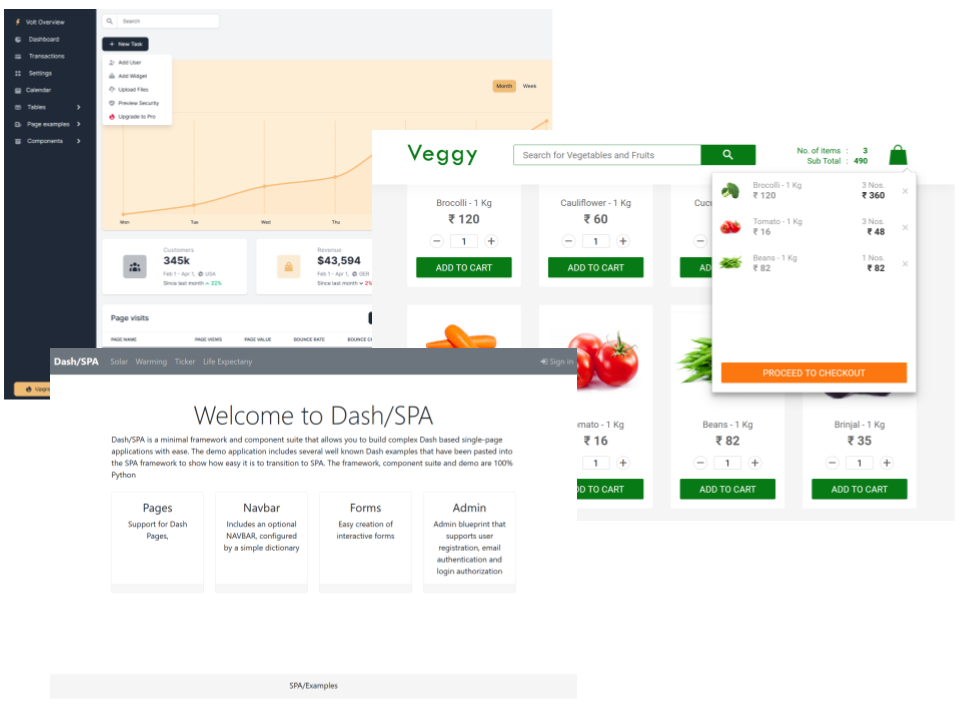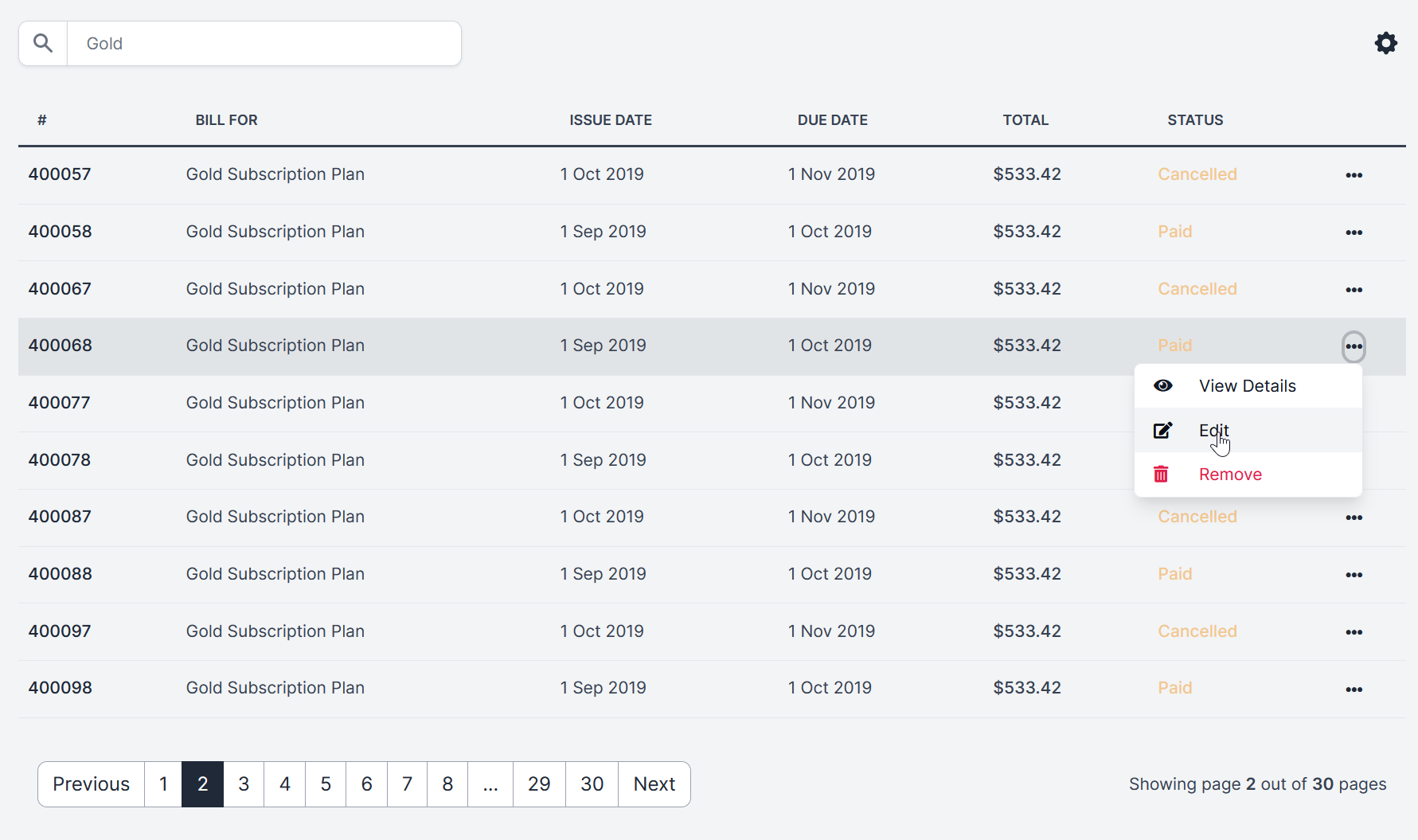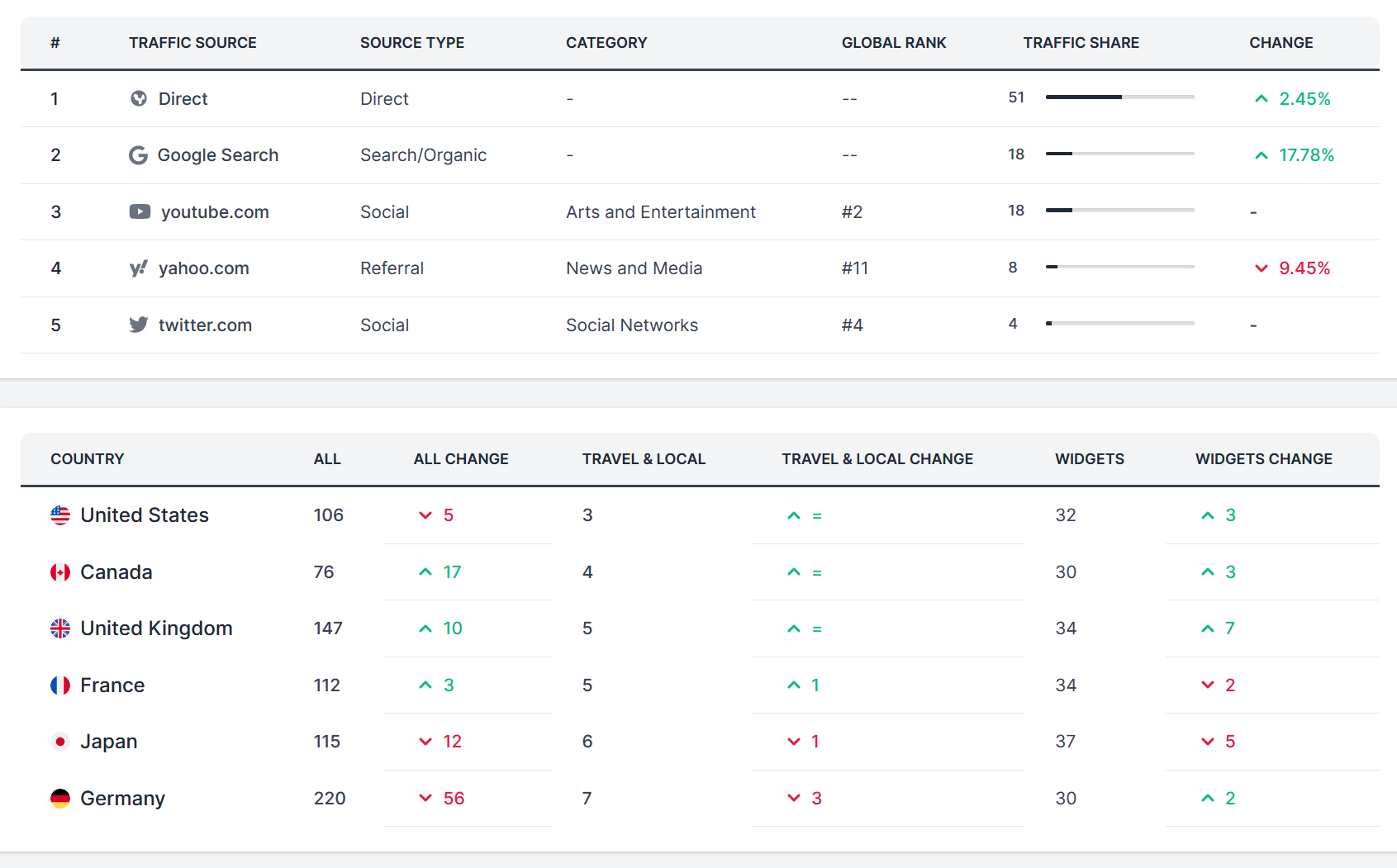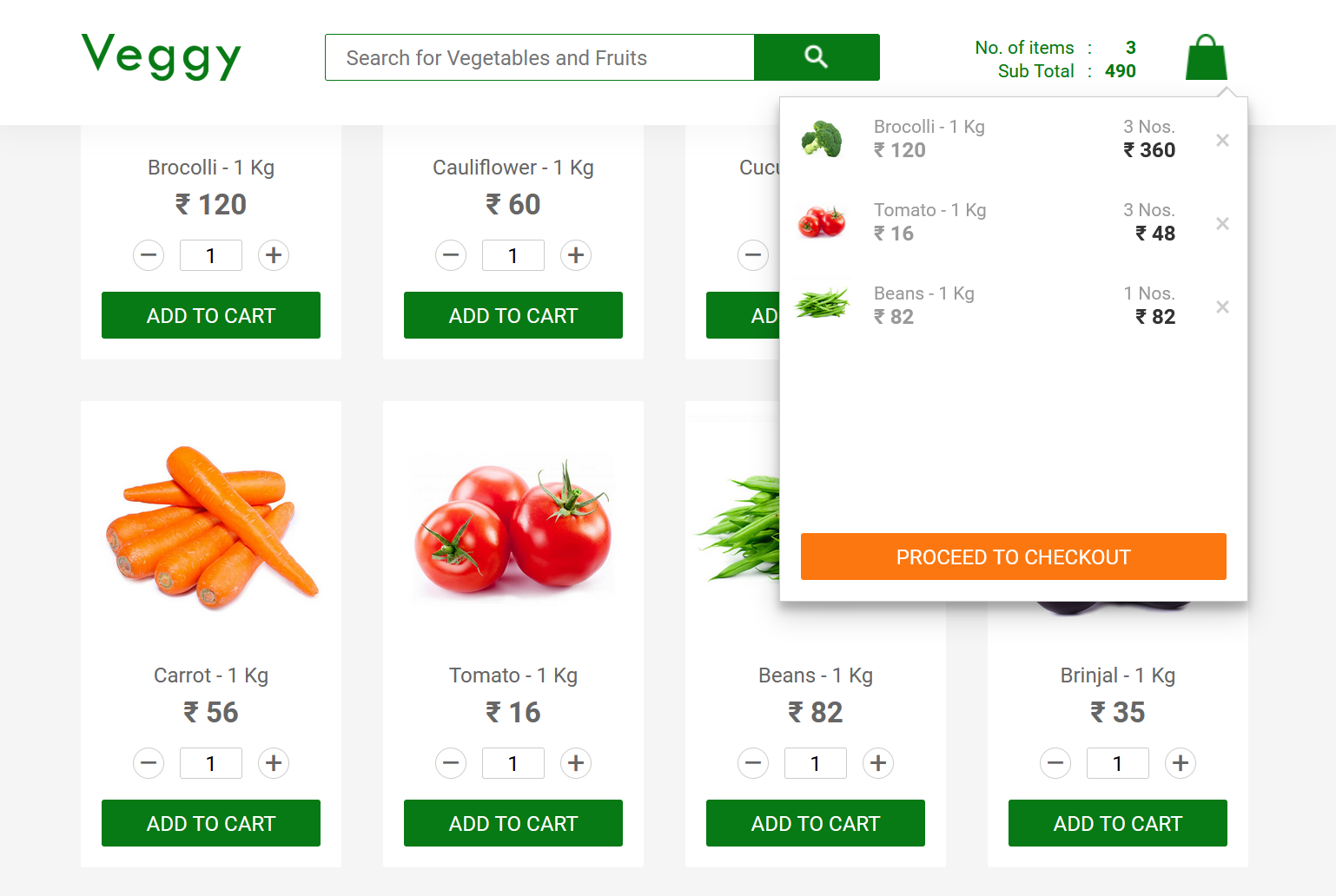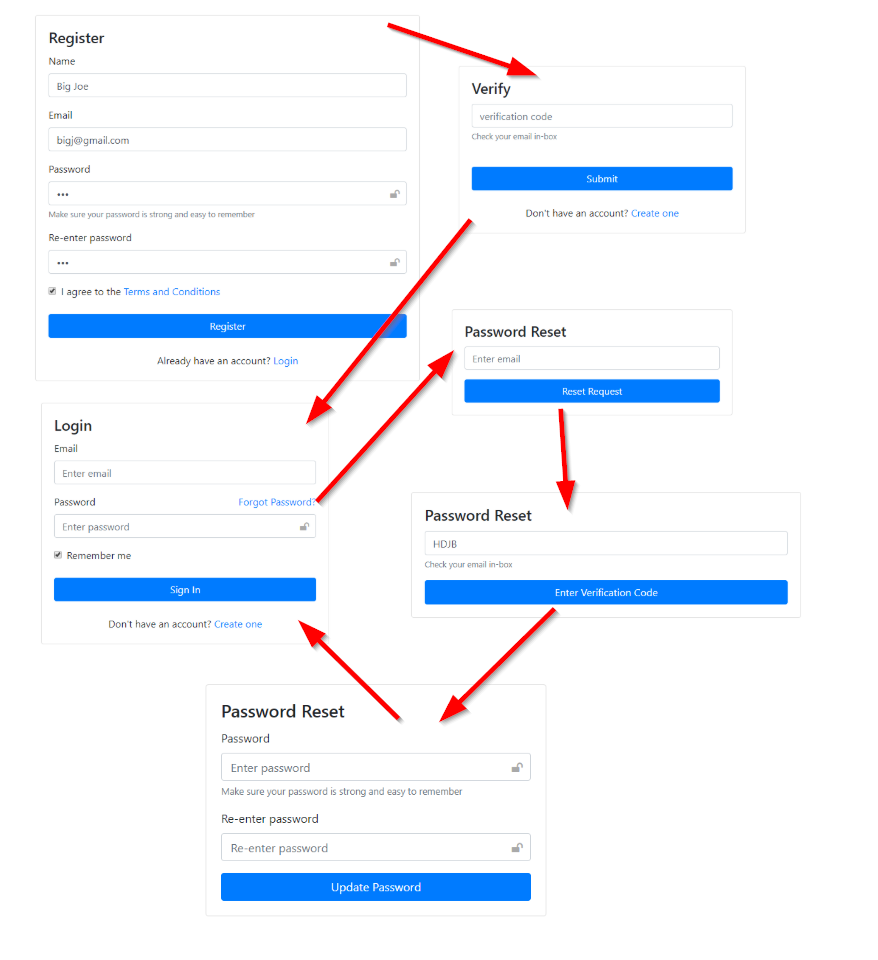DashSPA is a component suite that allows you to build complex Plotly/Dash based multi-page applications with ease. The demo application includes several well known Dash demos that have been pasted into the SPA framework to show how easy it is to transition to SPA.
To appreciate what you can do with DashSPA take a look at dash-flightdeck.
pip install dash-spa
or to install the optional admin support
pip install dash-spa[admin]
To try the demo perform the following steps:
git clone https://github.com/stevej2608/dash-spa.git
cd dash-spa
pip install poetry
poetry install --no-root
Then start the demo with:
python usage.py
or:
python waitress_server.py
When run the demo for the first time you will be asked to create an admin account. Enter any email address and password you fancy. To manage users, as admin, select Users from the My Account drop-down on the nav-bar.
Perform the following steps to build and run the demo website in an nginx docker container.
Build demo website Docker image:
docker build -t holoniq/dash-spa .
Run website (waitress server):
docker run -it --rm -p 80:5000 holoniq/dash-spa
Visit http://localhost/
Remove image:
docker rmi holoniq/dash-spa
The following DashSPA features are implemented to allow Plotly/Dash to be more easily used at scale.
DashSPA Uses an enhanced version of Dash Pages together with a state context/provider pattern similar to React.js.
simple.py
from dash import html
import dash_bootstrap_components as dbc
from dash_spa import DashSPA, page_container, register_page
from server import serve_app
app = DashSPA(__name__,external_stylesheets=[dbc.themes.BOOTSTRAP])
def big_center(text):
className='display-3 text-center'
return html.H2(text, className=className)
def page_layout():
return big_center('Simple Page Example')
page = register_page("test.page1", path='/page1', title='Page1', layout=page_layout)
if __name__ == "__main__":
app.layout = page_container
serve_app(app, debug=False, path=page.path)
DashSPA manages component IDs using page namespaces. This greatly reduces Dash component ID conflicts. A component ID is only ever defined once when the component is created. It is then used by reference in associated Dash callbacks:
from dash import html
import dash_bootstrap_components as dbc
import dash_holoniq_components as dhc
from dash_spa import register_page, callback
page = register_page(__name__, ...')
user_name = dbc.Input(id=page.id('user'), placeholder="Enter name")
password = dhc.PasswordInput("Password", name='password', id=page.id('password'), placeholder="Enter password")
btn = html.Button('Enter', id=page.id('enter'), disabled=True)
@callback(btn.output.disabled, user_name.input.value, password.input.value)
def _cb_enter(user_name, password):
return not db_validate_user(user_name, password)
DashSPA includes an optional NAVBAR, configured by a simple dictionary:
import dash_spa as spa
from pages import NAVBAR_PAGES
from dash_spa_admin import AdminNavbarComponent
NAV_BAR_ITEMS = {
'brand' : spa.NavbarBrand(' DashSPA','/'),
'left' : [spa.NavbarLink(path=path) for path in NAVBAR_PAGES],
'right' : AdminNavbarComponent()
}
navbar = spa.NavBar(NAV_BAR_ITEMS)
layout = navbar.layout()
DashSPA Defines a state/event pattern where a state Context is wrapped by a @Context.Provider. Dash callback events update the contexts' state which triggers the method decorated by the active @Context.Provider. The decorated method then updates the UI based on the new context state.
A context can have any number of @Context.Providers. This pattern makes it possible to create generic Dash components that communicate with host application via ContextState.
ContextState can, if required, have session persistence.
Example usage:
@dataclass
class ButtonState(ContextState):
clicks: int = 0
ButtonContext = createContext(ButtonState)
def Button(id):
state = ButtonContext.getState()
btn = html.Button("Button", id=id)
@ButtonContext.On(btn.input.n_clicks)
def btn_click(clicks):
state.clicks += 1
@ButtonContext.Provider()
def layout():
state = ButtonContext.getState()
btn = Button(id='test_btn')
div = html.Div(f"Button pressed {state.clicks} times!")
return html.Div([btn, div])
DashSPA Tables
It's easy it create great looking tables with optional search and pagination. Table cells can contain text and active components. Table, search and pagination layout is completely flexible.
Tables are defined in a few lines:
@TableContext.Provider()
def create_table(id):
state = TableContext.getState()
df1 = filter_str(df, state.search_term)
ordersTable = OrdersTable(
data=df1.to_dict('records'),
columns=[{'id': c, 'name': c} for c in df.columns],
page = state.current_page,
page_size = state.page_size,
id=id
)
return ordersTable
Tables are customised by creating a custom tableRow method for the table:
def tableRow(self, index, args):
name, views, value, rate, change = args.values()
icon = UP if change == "Up" else DOWN
return html.Tr([
html.Th(name, className='text-gray-900', scope='row'),
html.Td(views, className='fw-bolder text-gray-500'),
html.Td(value, className='fw-bolder text-gray-500'),
html.Td([
html.Div([
icon,
rate
], className='d-flex')
], className='fw-bolder text-gray-500')
])
DashSPA Allows easy creation of interactive forms
from dash_spa import SpaForm, isTriggered
frm = SpaForm('loginFrm')
email = frm.Input('Email', name='email', type='email', placeholder="Enter email")
password = frm.PasswordInput("Password", name='password', placeholder="Enter password")
button = html.Button('Sign In', type='submit')
form = frm.Form([
email,
password,
button,
], title='Sign In'),
@app.callback(form.output.children, form.input.form_data)
def _form_submit(values):
if isTriggered(form.input.form_data):
print(values)
return spa.NOUPDATE
DashSPA Supports page containers.
Page containers define markup wrappers for page content. This allows layout themes to be created. In DashSPA all pages are rendered in a default container but only if one has been defined. If a default container is not defined the page is rendered raw.
To define a default container, in any module in the ./pages folder:
/pages/<any_module>.py
from dash import html
import dash_spa as spa
# Example DashSPA container
def my_container(page, layout, **kwargs):
try:
# Page to be rendered
CONTENT = layout(**kwargs) if callable(layout) else layout
# Return the container markup with the content embedded
return html.Div([
MY_NAVBAR(),
html.Br(),
html.Div([
html.Div([
html.Div([], className="col-md-1"),
html.Div(CONTENT, className="col-md-10"),
html.Div([], className="col-md-1")
], className='row')
], className="container-fluid"),
MY_FOOTER()
])
except Exception:
page = spa.page_for('pages.not_found_404')
return page.layout()
spa.register_container(my_container)
Any number of containers can be defined. To use an alternative container simply register the page specifying the container to use:
register_page(__name__,..., container='admin')
DashSPA Has protected pages
A number of layout() decorators are defined.
@login_required: Will test to see is a user is logged in. If not the 404 page is displayed.
@role_required('role') Will test to see if the current user has been assigned the required role. If not the 404 page is displayed.
The decorators raise exceptions that are handled by the associated container. See pages/containers.py
from dash_spa import register_page, current_user, login_required
register_page(__name__, ...)
@login_required
def layout():
return "Big SECRET for {current_user.name}"
from dash_spa import register_page, current_user, role_required
register_page(__name__, ...)
@role_required('admin')
def layout():
return "Big ADMIN SECRET for {current_user.name}"
DashSPA Has a server-side session data cache. Back ends are available for diskcache and REDIS.
The shape of session data is defined using dataclasses.
@session_data()
class ButtonState(SessionContext):
clicks: int = 0
ctx = session_context(ButtonState)
ctx.clicks += 1
Any number of session data objects can be defined.
Several example are available. The most comprehensive is Veggy. Other examples are minimalistic and focus on DashSPA specifics. See also the separate DashSPA dash-flightdeck dashboard project
1. Veggy This is a fully working clone of the React shopping cart demo, Veggy.
Written in less than 250 lines of Python, it's far smaller than the React version. Eat your (artichoke) heart out React!.
python -m examples.veggy.app
2. Minimal MultiPage An example of a multi-page app with navbar and footer in less than sixty lines of code.
python -m examples.multipage.app
3. React CRA clone
python -m examples.cra.app
4. DashSPA Forms example
python -m examples.forms.app
5. DashSPA Sidebar example
The example sidebar is less than eighty lines of code, see sidebar.py
python -m examples.sidebar.app
DashSPA Includes an optional LogninManager that supports user registration, email
authentication and login. This is provided as a demonstrator, careful consideration
to the security implications should be undertaken before using it in a public website.
Views are provided that allow:
-
Register, name, email, password. Verification code send by email.
-
Enter the email verification code.
-
Normal user login.
-
Reset forgotten password, Password reset code sent by email.
-
Enter password reset code.
-
Enter new password, confirm new password.
-
Login using new password.
-
User admin table with Add, Edit and Delete. Accessible only when signed in with admin rights.
User details are held in a local sqlite db. The SQLAlchemy model and all DB interaction is defined in login_manager.py. It should be straight forward to modify this for other databases.
The authentication mailer is configured in spa_config.ini this will need to be modified to include
the details for your email agent, see below.
If you use gmail just change the user/password details in
the [login_manager.mail]. Emails sent by the mailer will have come
from [login_manager.mail].sender edit this field as required. Gmail will flag
unknown emails as a security risk. This can be overridden in the gmail account.
Configuration details are in .ini files. The DashSPA will look for one of the following files: 'config/spa_config.ini', 'spa_config.ini', '.env'.
An additional file, defined by the ENV var DASH_SPA_ENV can be defined to overwrite selected settings in the base file. If DASH_SPA_ENV=test then the file spa_config.test.ini will overwrite entries in spa_config.ini
The following configuration options can be set:
[logging]
level=WARN
DASH_LOGGING=False
[flask]
SECRET_KEY=my secret flask password
URL_PREFIX=api
[session_storage]
expire_days=30
backend=diskcache
diskcache_folder=tmp/cache/spa_sessions
[session_storage.redis]
host=redis_server
;host=172.172.0.128
[login_manager]
; Set True to enable login manager
enabled=True
; DB holds user registration details
database_uri=sqlite:///db.sqlite
; Verify users using email verification code. If not enabled users can
; register without verification
verify_users=False
[login_manager.mail]
; User email verification agent details
sender=admin@bigjoes.com
host=smtp.gmail.com
port=465
secure=True
user=bigjoe
password=1234
Entries in the .ini files can refer to ENV variables. To keep a password secret for example define it in the following manner:
password=${MAIL_PASSWORD}
DashSPA will then read the password from the ENV variable MAIL_PASSWORD
The dash-spa package is available on pypi. If needed, to create a local tarball, first change the release version in dash_spa/_version.py, then:
rm -rf dist dash_spa.egg-info build
python setup.py sdist bdist_wheel
The tarball is in dist/dash_spa-.tar.gz
To install the tarball in a dash project:
pip install dash_spa-<version>.tar.gz
Pytest and Dash Duo are used for testing. To run these tests both the Chrome browser and Chrome driver must be installed. See Dockerfile.dev for details.
To run the tests:
pytest tests
Coverage
pytest --cov=dash_spa --ignore=tests/admin tests
pytest --cov=dash_spa_admin tests/admin
twine upload dist/*
